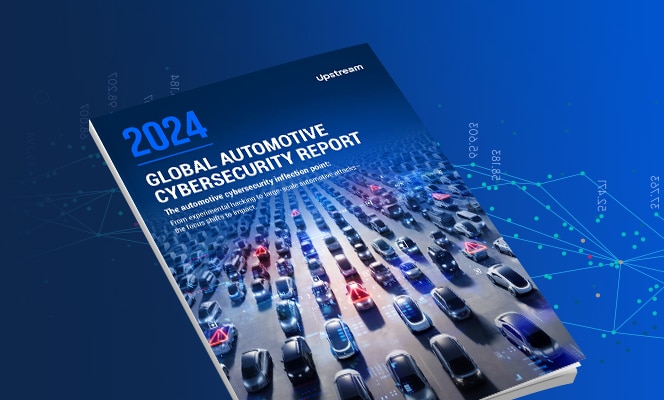

Machine learning is an effective tool for fleet cybersecurity and deep insights
One of the most common buzzwords in the technology industry today is AI, or Artificial Intelligence. While Artificial Intelligence will certainly change major parts of our lives, and some experts even go as far as to claim it will soon replace humans, few really understand the true meaning of the term, and how it can be used it to improve the way we live and do business.
AI and the automotive industry
Introducing AI novel technologies to the automotive industry
Even though cars are relatively new beings in the world, the automotive industry has remained mostly low-tech until recent years. Today, as the number of connected cars is growing rapidly, every modern car has multiple built-in computers called Electronic Control Units (ECUs) and Telematic Control Units (TCUs). These computers include millions of lines of code and are used to operate the vehicle, collect information about its activity and send it to the connected car’s service provider.
Car fleet operators, such as OEMs, telematics companies, car-sharing companies, rental agencies, and enterprises with large fleets, have the most to gain from advanced analysis of the data collected from the vehicles in their fleet, which is gathered in real-time in the new age of connected cars. This data can include anything from location, mileage, fuel consumption, driving behaviors and even doors left open, all of which can be used not only to improve management but also to eradicate vehicle misuse by drivers. The major obstacles standing in the way of fleet operators looking to increase control and efficiency are the large amounts of data generated, and the various formats in which they are provided. Operators lack the knowledge and time to scrutinize the terabytes of information passing through their hands each day.
Connected car data
Taking car data to the next level: Artificial Intelligence
Artificial Intelligence, however, might be the salvation operators were waiting for. By combining the collected information with novel machine learning techniques and advanced big data analytics, operators will receive a coherent view of their fleet, be able to monitor and manage them adeptly, easily detect issues, and enforce the fleet’s policies. By using machine learning and big data analytics, the information gathered can be processed and analyzed to automatically learn the normal behavior of the vehicles, drivers and fleet to detect cyber threats and other issues such as fraud attempts (e.g. identity theft in the case of car sharing service). Moreover, instead of laboriously going over endless columns of information to generate meaningful insights, machine learning can automatically highlight other important alerts, such as car theft, or vehicle misuses like identifying drivers with risky driving behaviors or car rental drivers using cars for commercial use. These technologies can help draw conclusions based on the aggregated and analyzed collected data.
We at Upstream strive to create precisely this. Our solution, which is cloud-based and non-intrusive, provides a fleet level cybersecurity and overall visibility to detect policy violations such as fraud and misuse. It uses the data connected fleets already collect and analyzes it using machines learning and big data analytics technologies. This platform enables any connected fleet operator to detect cyber threats, enforce policy violations, and enhance the fleet’s visibility and insights. This week we opened the registration for our beta program intended for all connected car fleets, and we invite you to register and try it for your fleet car security solution.

